Mexico's VAT Compliance for Online Vendors and E-commerce Platforms

With more than 130 million citizens, Mexico is a massive market for all e-commerce businesses, whether online vendors or e-commerce platforms. According to some statistics, nearly 74 million users are engaged in e-commerce activities, generating around USD 38 billion. Mexico ranks second in Latin America, after Brazil, in online-generated retail revenue.
The two most significant market players are Mercado Libre and Amazon, whereas two Chinese competitors, Temu and Shein, are slowly but steadily gaining market share.
With one of the fastest-growing e-commerce markets in the world, revenue generated by the e-commerce industry in Mexico is expected to grow to USD 65 Billion in 2029. This overview provides the most crucial information on VAT-related rules and regulations in Mexico regarding the e-commerce industry.
How to Register for VAT in Mexico
VAT registration is mandatory for all individuals and businesses involved in VAT-taxable activities, such as selling or importing goods and services. There is no separate VAT registration procedure. Anyone making taxable supplies in Mexico should register with the Federal Taxpayers' Registry and obtain a tax number, known as RFC. RFC is required to pay federal and state taxes, including VAT.
VAT Registration Thresholds in Mexico for Online Sellers and Foreign Businesses
There is no registration threshold for domestic and foreign businesses engaged in taxable activities, which means they should register for Mexican VAT as soon as they make even one taxable sale in Mexico or provide any other taxable service.
VAT Rules for Domestic Taxable Persons in Mexico
Domestic taxable persons can complete registration at the Decentralized Administration of Taxpayer Services of Federal District 2 in New Mexico. To complete this procedure, taxable persons should register through the Mexican Tax Administration Service (SAT) portal, SAT mobile application, or government portal.
Once registered, applicants should submit documents such as certified copies of the company's articles of incorporation, original proof of address in Mexico for notification and monitoring purposes of compliance with tax obligations, and identification documents of the legal representative.
VAT Obligations for Foreign Taxable Persons in Mexico
2020 Tax reform introduced novelties for online businesses. One of those novelties was that foreign businesses, both with and without a permanent establishment in Mexico, that provide digital services, such as e-commerce, to customers in Mexico should register for VAT purposes with the SAT.
To complete this procedure, foreign taxable persons without a permanent establishment in Mexico should appoint a tax representative.
Foreign taxable persons follow the same VAT registration procedure as domestic businesses. However, foreign businesses should submit all documents apostilled or legalized and translated into Spanish. Additionally, tax representatives should submit Power of Attorney.
Registration should be carried out within 30 calendar days of the first sale to a Mexican resident or from engagement in any other taxable activity.
Mexico’s E-Commerce VAT Rules
E-commerce rules drastically changed in 2020, and domestic and foreign online vendors felt the impact. Before we move on to specific regulations for domestic and foreign online vendors, we should determine when e-commerce activities are subject to VAT.
So, if the goods bought on the online shop or e-commerce platform are delivered to a consumer in Mexico, that transaction is subject to VAT in Mexico. Information such as customer address, telephone number, or IP address is considered to determine whether the consumer is from Mexico or not.
VAT Compliance for Domestic Online Vendors
One of the most significant changes introduced by the 2020 Tax Reform concerning domestic online vendors is that if individuals sell goods through an online e-commerce platform, they should register with the RFC for tax purposes, including VAT.
Both individuals and legal entities should collect and remit VAT on all taxable supplies. All VAT returns detailing taxable transactions should be electronically filled monthly by the 17th of the month following the reporting period.
How Foreign Online Vendors Can Comply with Mexico’s VAT Regulations
Since June 1, 2020, foreign online vendors have been subject to a new scheme regarding the VAT for goods sold to consumers in Mexico.
Apart from registering for VAT, foreign businesses should issue and send invoices in PDF format containing the payment information with the VAT charged expressly and separately if the consumer requests an invoice.
Additionally, they should collect and remit VAT at a 16% rate. The monthly VAT return should be filed electronically by the 17th of the month following the reporting period.
VAT Requirements for E-Commerce Platforms
E-commerce platforms should register with the SAT and obtain a tax identification number used for VAT purposes when they sell goods to consumers in Mexico or if they are a Mexican company engaged in taxable activity. In addition, there are rules for foreign businesses that act as intermediaries between buyers and sellers.
Understanding Intermediary VAT Rules for E-Commerce Platforms
With the Tax Reform in 2020, the Mexican government introduced an intermediary provision for e-commerce platforms. According to these rules, a foreign marketplace connecting buyers and sellers should register with the SAT and obtain a tax identification number, RFC, used for VAT purposes.
These intermediaries should also outline the goods' VAT on their website or platform and send customer data to the Tax Authority, even if they do not process the payments or related VAT.
When the intermediary collects the payment and VAT of the transaction subject to intermediation, it should withhold VAT, an income tax from individuals, remit withheld tax monthly, and issue e-invoices.
Penalties and Fines for VAT Non-Compliance in Mexico’s E-Commerce Sector
Mexican law includes two types of penalties for non-compliance. Monetary penalties include the obligation to pay due VAT adjusted for inflation and interest at 1.43% each month on the due VAT. In addition, the SAT can also impose a penalty of 55% to 70% of the due VAT.
The second penalty includes blocking the platform from internet access. If a Tax Authority imposes this penalty, regulatory telecommunication networks will carry out this internet blockage. Before practicing the right to this penalty, the Tax Authority should thoroughly investigate all the case’s facts and circumstances. All of this should be documented in a specific administrative procedure. The blockage can last until the non-compliance issue is resolved.
Some reasons for this penalty are failure to register with SAT, failure to appoint a legal representative or provide an address for tax purposes. Also, e-commerce platforms might be blocked if they fail to inform the SAT of the number of transactions performed in Mexico.
Key Takeaways on VAT Compliance for E-Commerce in Mexico
All e-commerce businesses, domestic and foreign, should remember that if they provide taxable activity, have consumers in Mexico, or act as intermediaries, they should register with the Federal Taxpayers Registry (RFC). When applicable, updating the information of the legal representative and the address in Mexico in case the information already registered has been modified is also necessary.
All businesses should invest time in understanding the requirements to avoid monetary penalties and being blocked from access to the Mexican market.

Featured Insights

Burkina Faso FEC E-Invoicing Mandatory July 2026
🕝 February 24, 2026More News from Americas
Get real-time updates and developments from around the world, keeping you informed and prepared.
-e9lcpxl5nq.webp)





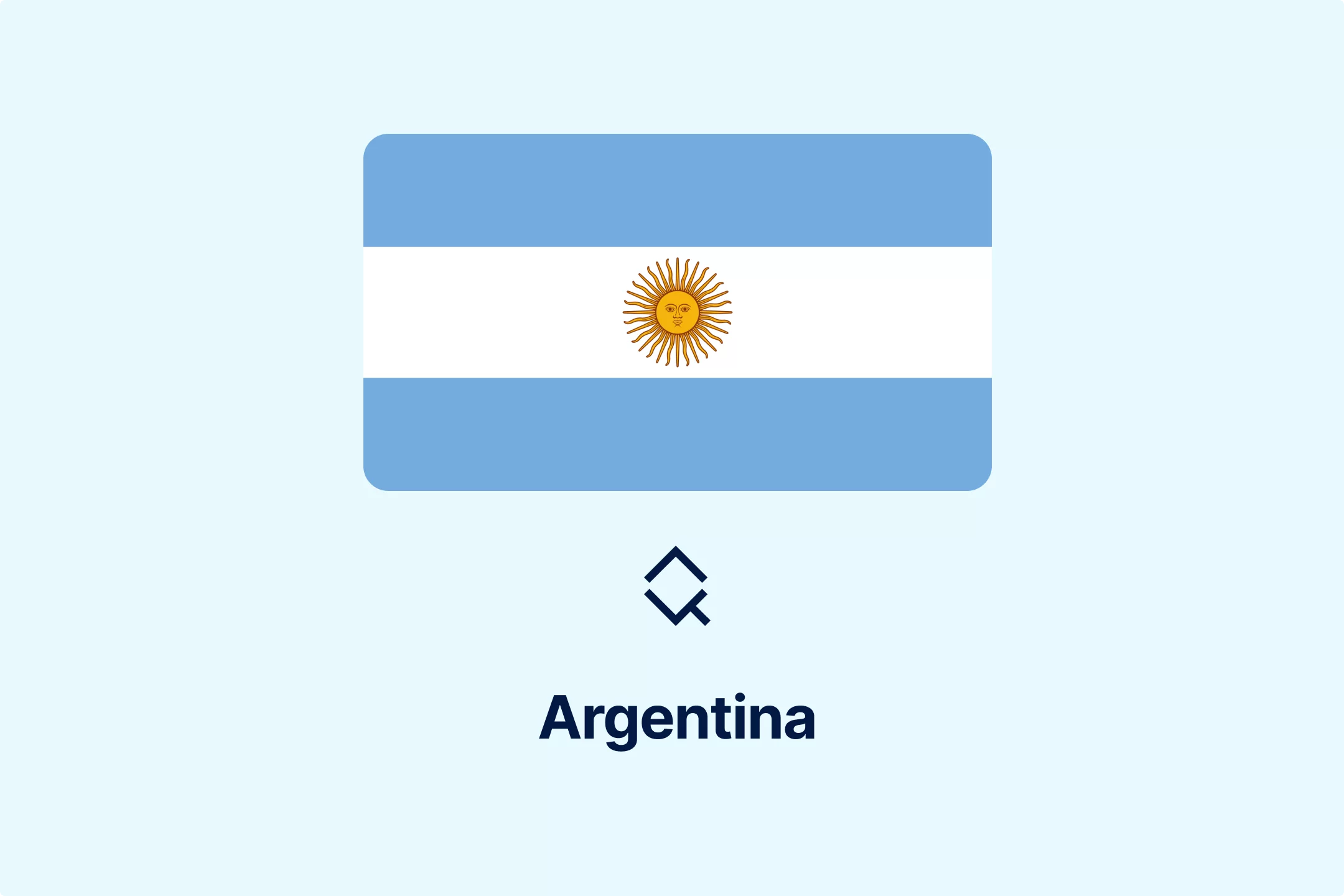

-fd4vrjrcmo.webp)



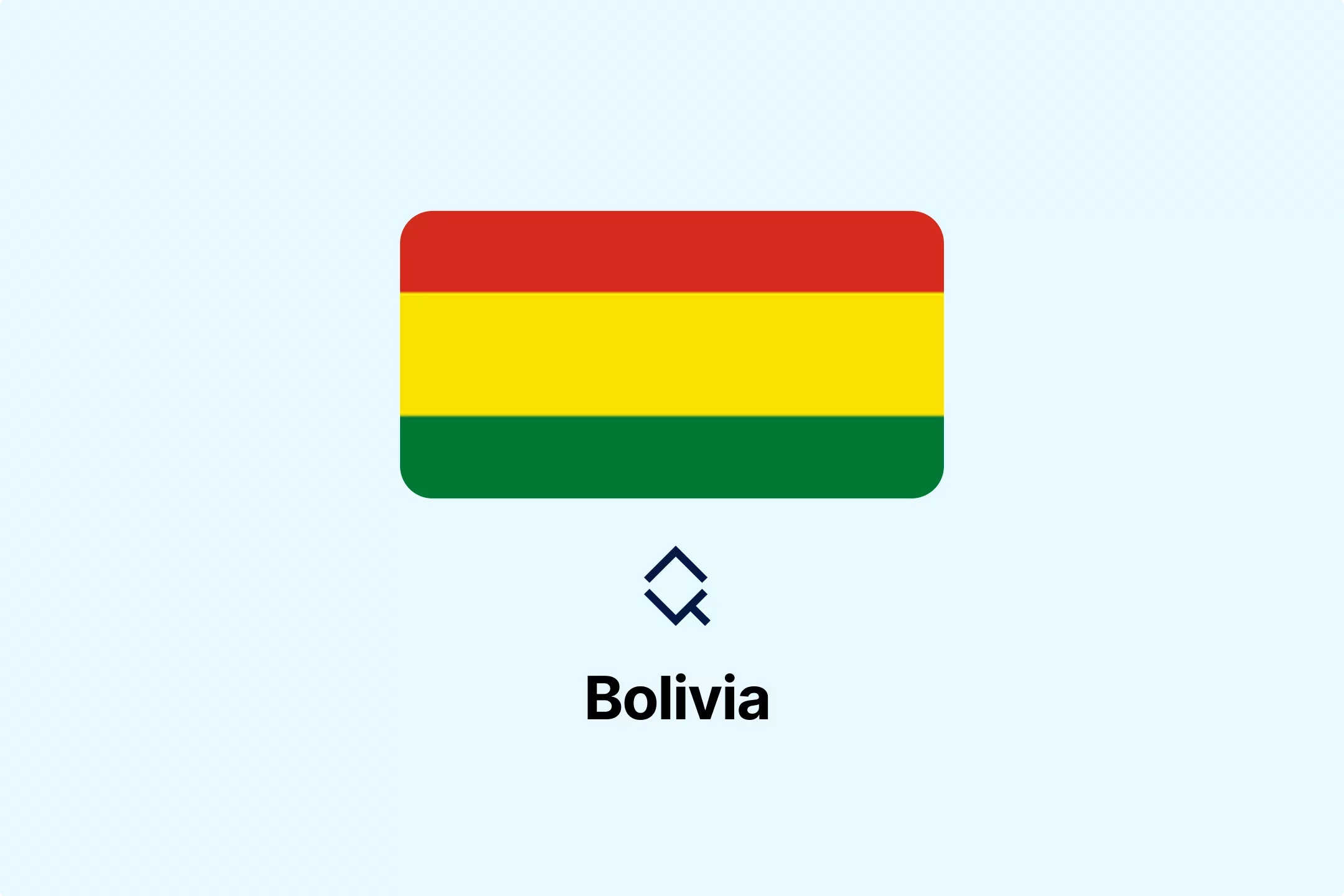







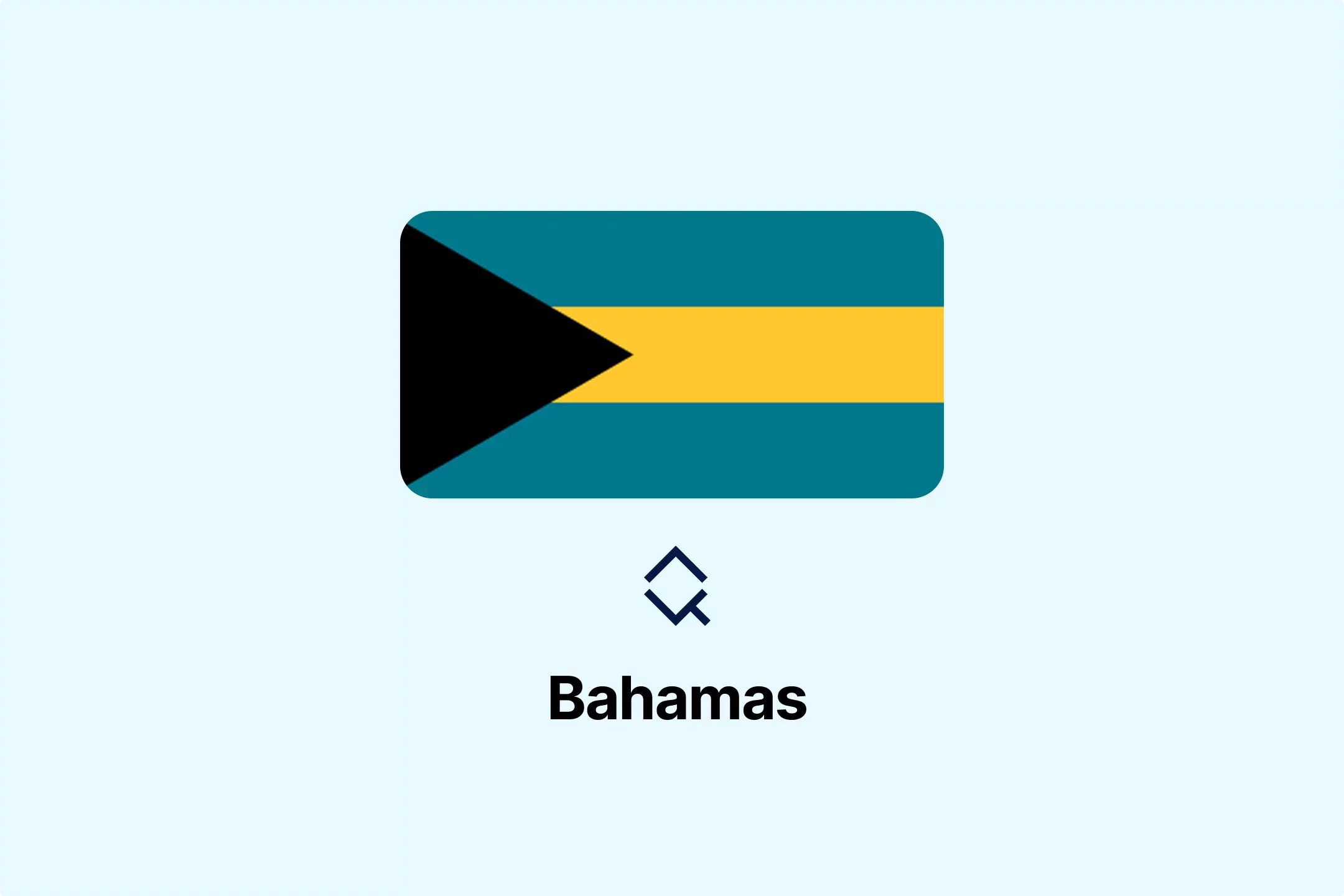



-qoqtiao7l2.webp)

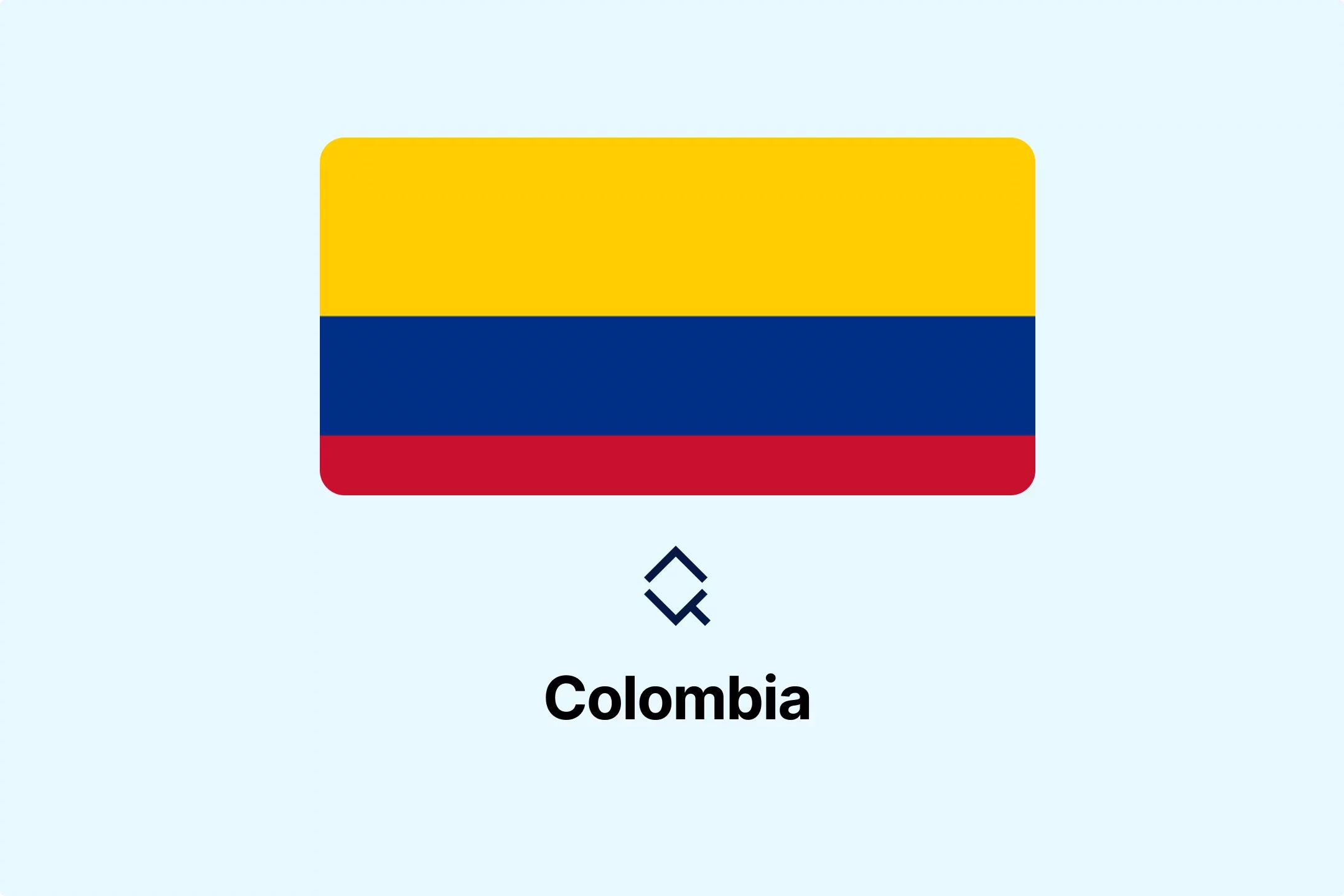
-pdupgqz2r8.webp)
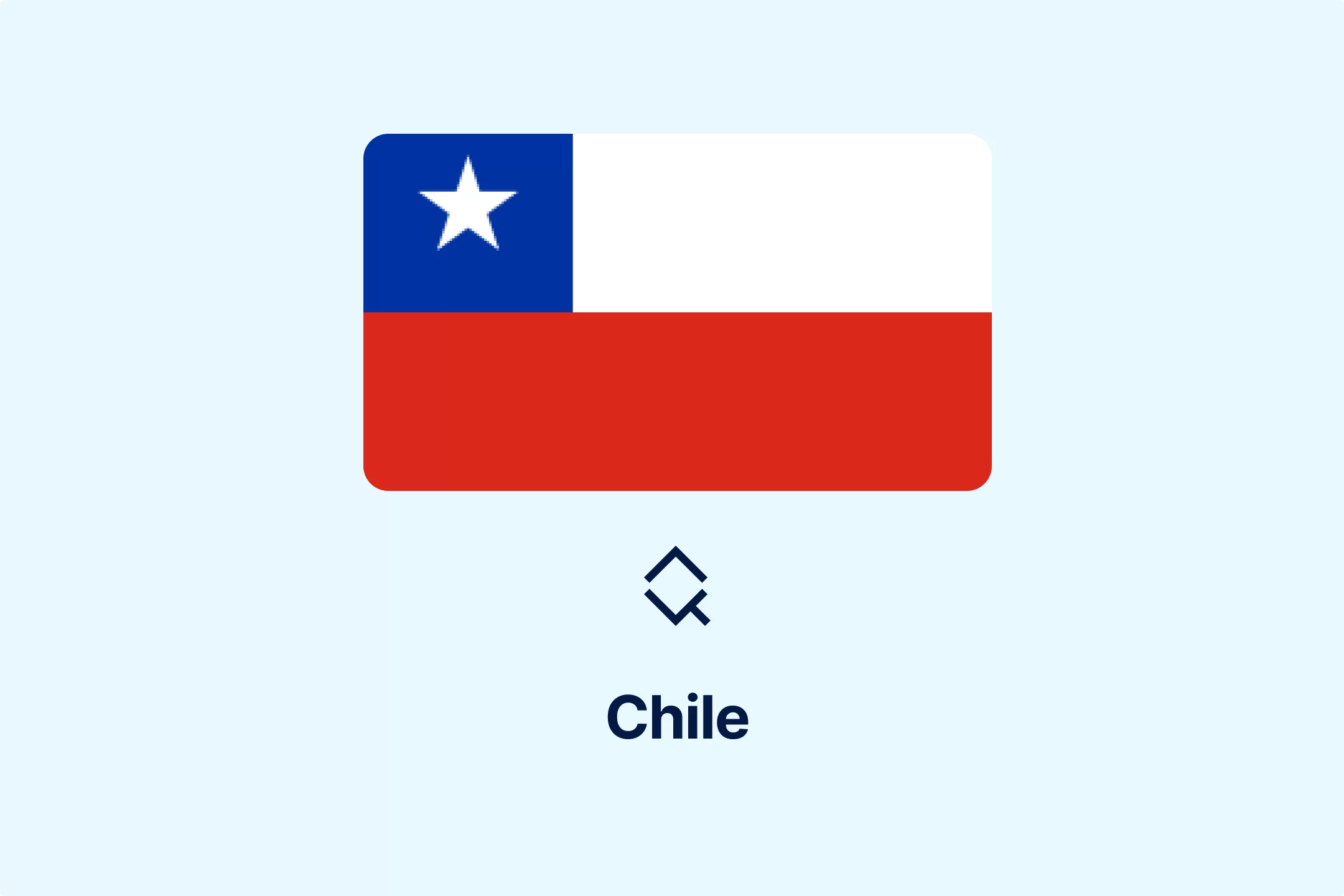





-o0xyg5unvs.webp)

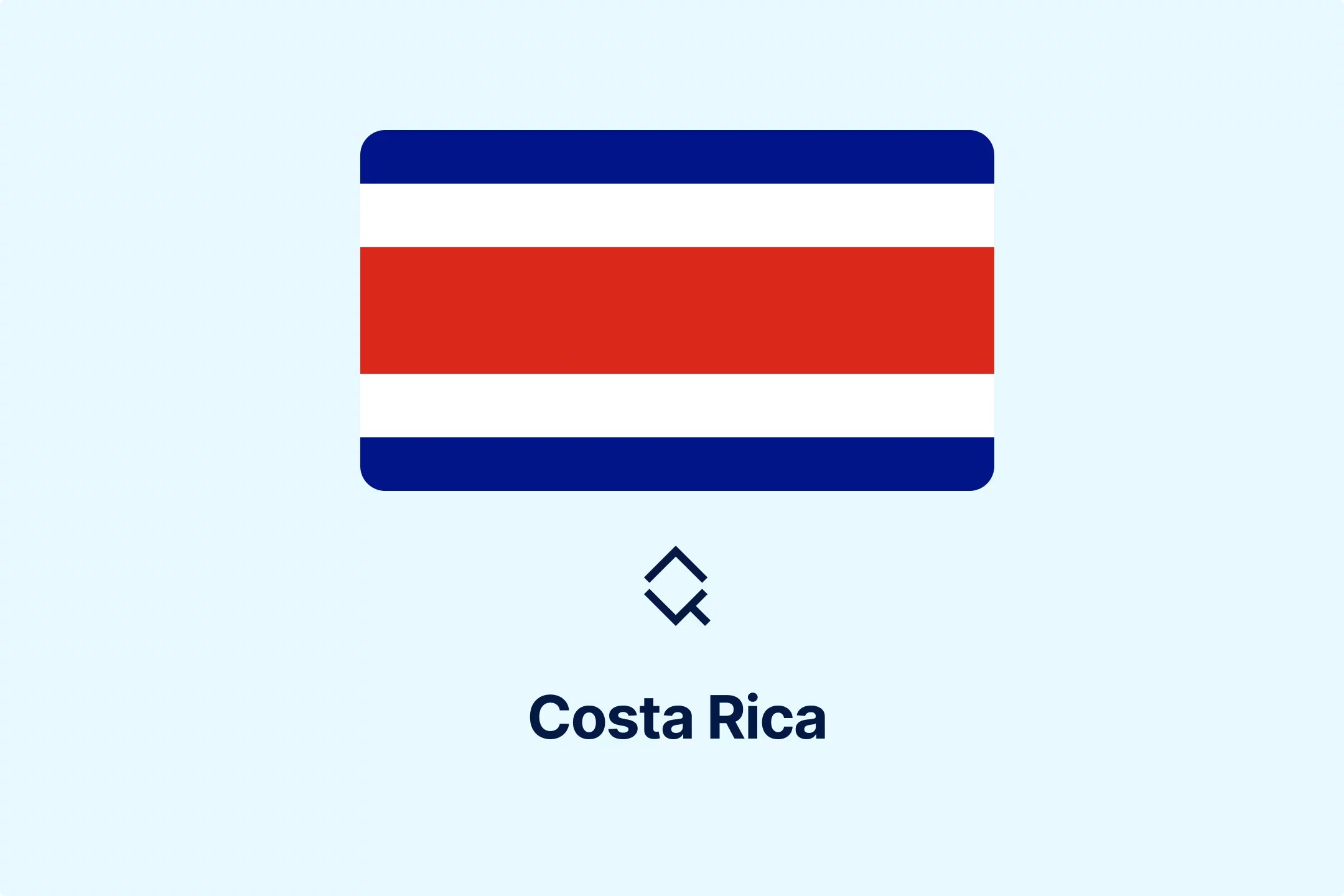

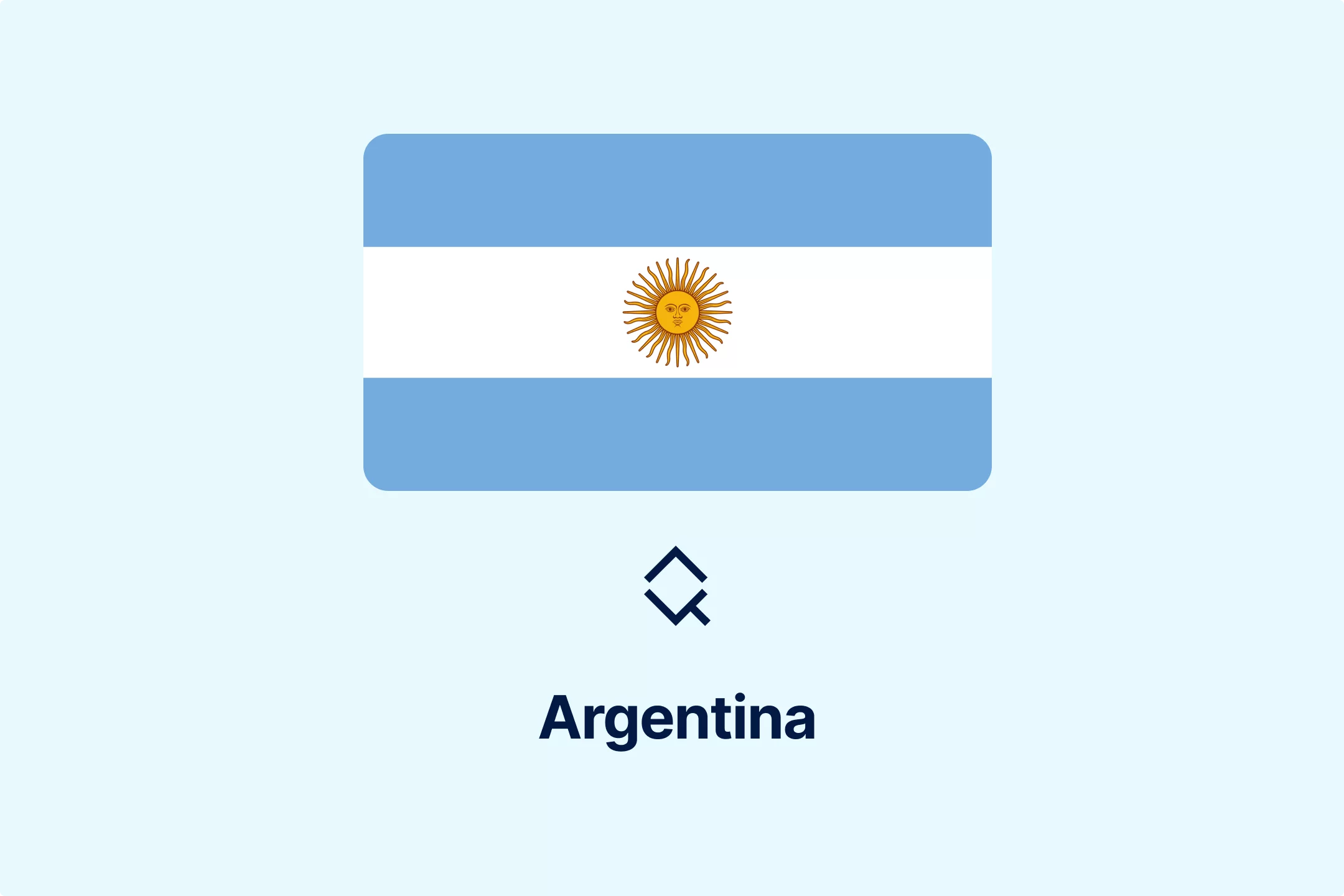



-sebuexzucq.webp)







-sug7vykj81.webp)







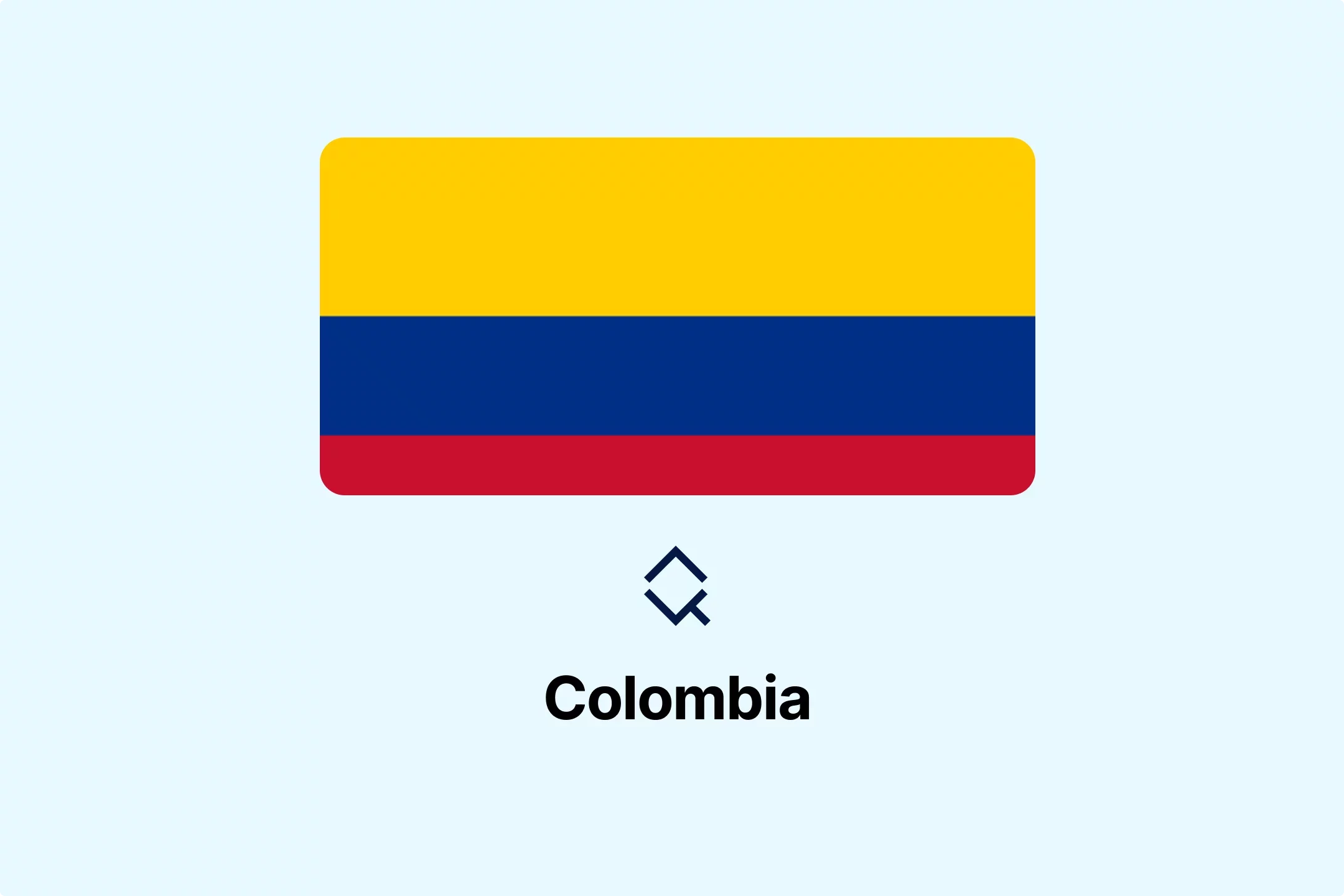
-gsvc6ack9u.webp)

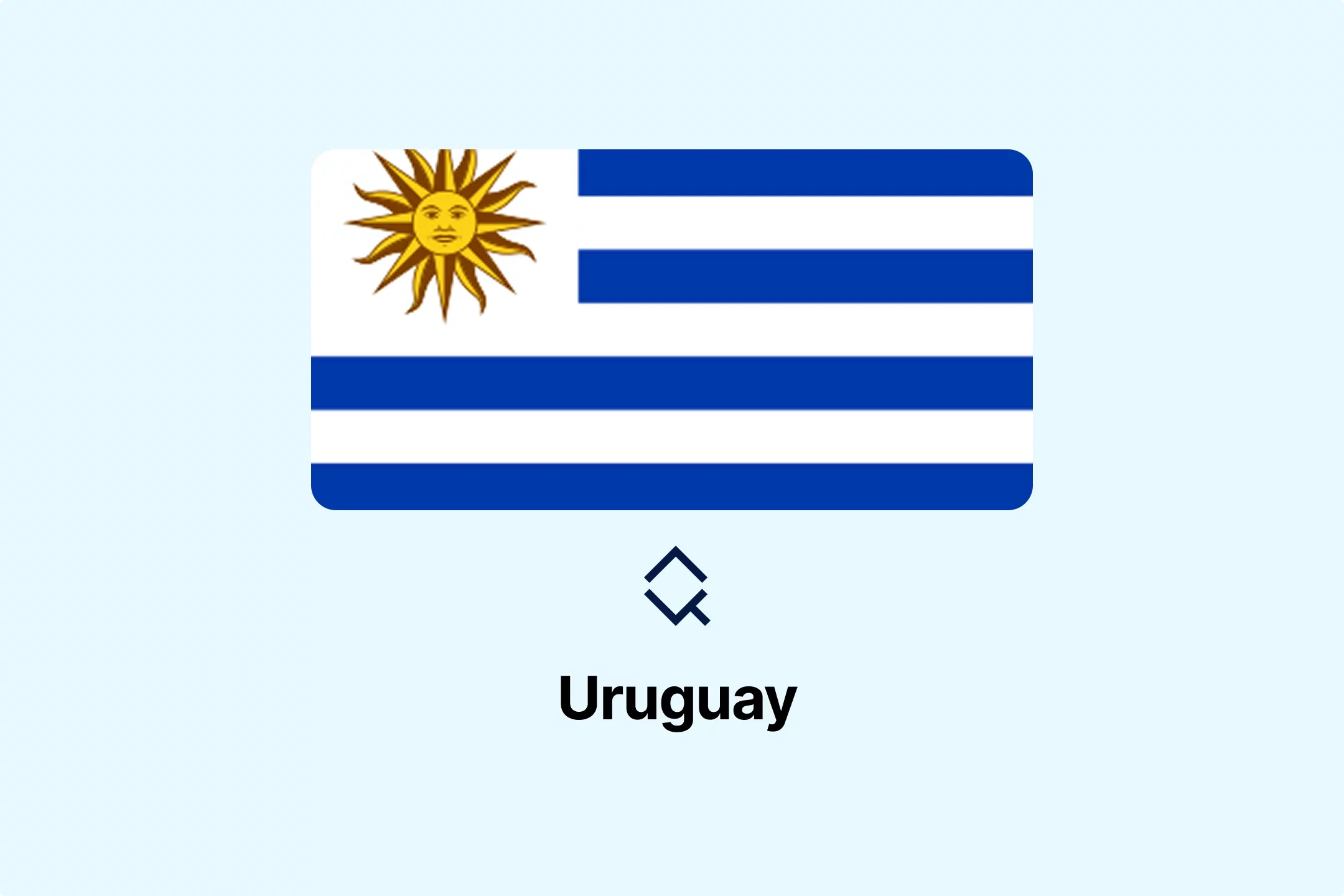





-xsarn0aogt.webp)

-hcel6azmgf.webp)



-p6e3ovhdh3.webp)


-fbovkq9h8b.webp)
-pofe7ucwz3.webp)


-d3qhimei1d.webp)




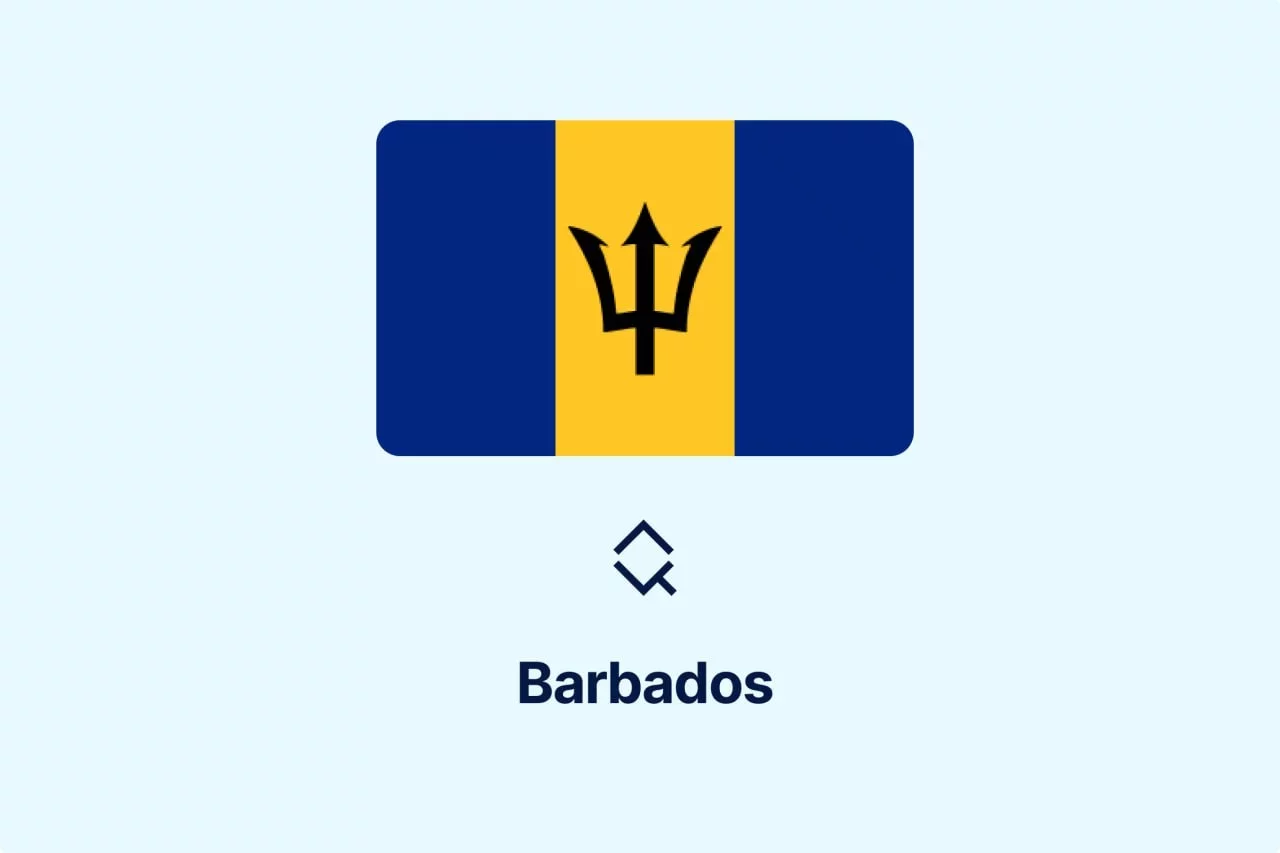

-nilkffjhah.webp)
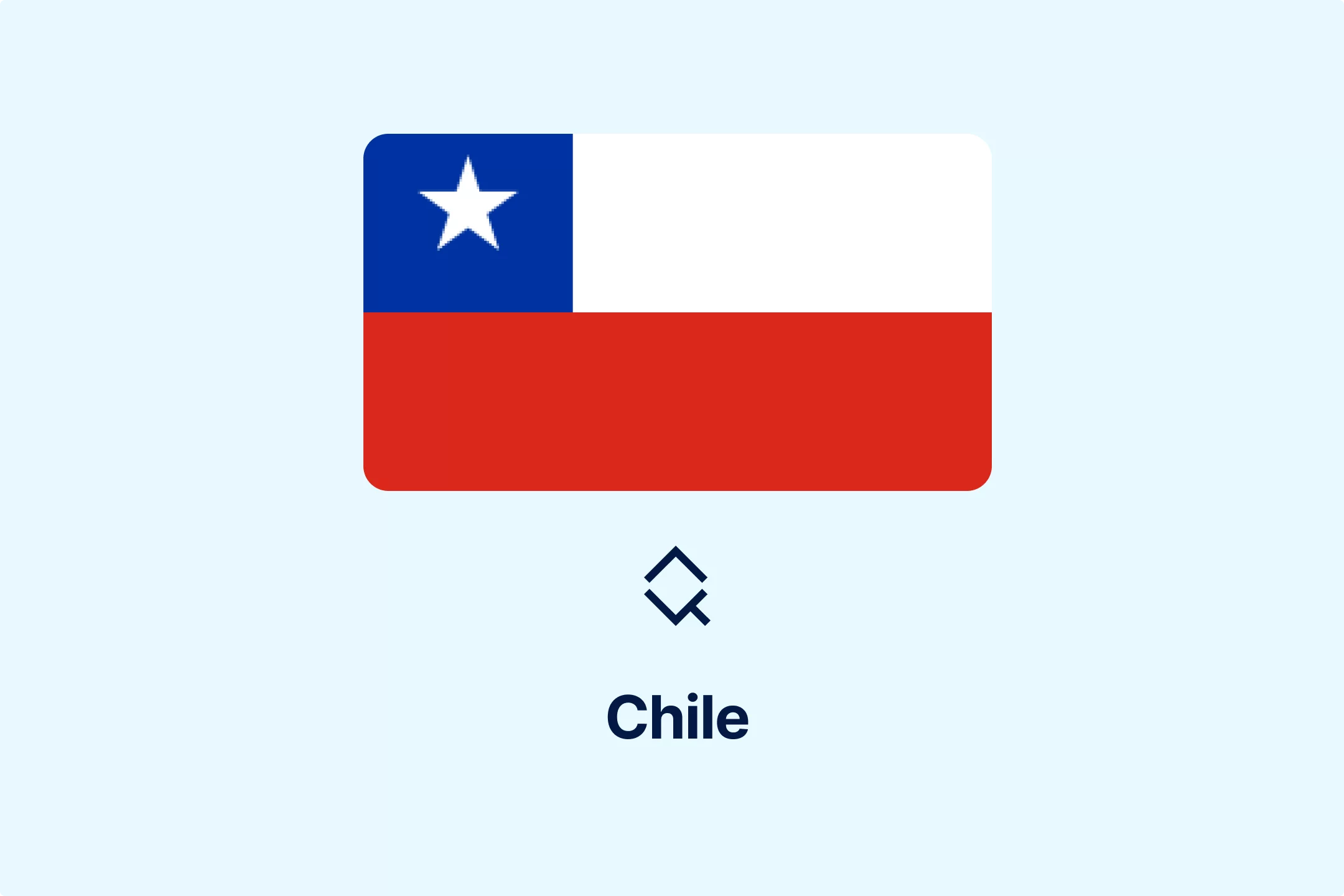












-xbhr0m4jsb.webp)


-ae6fi6cjox.webp)
















-b0fpsws1w1.webp)






















-x78wuofpzj.webp)



















-b44f1vjl1i.webp)




-priw8nq5xc.webp)
-8bkw2pujxu.webp)


.png)

.png)




.png)














































